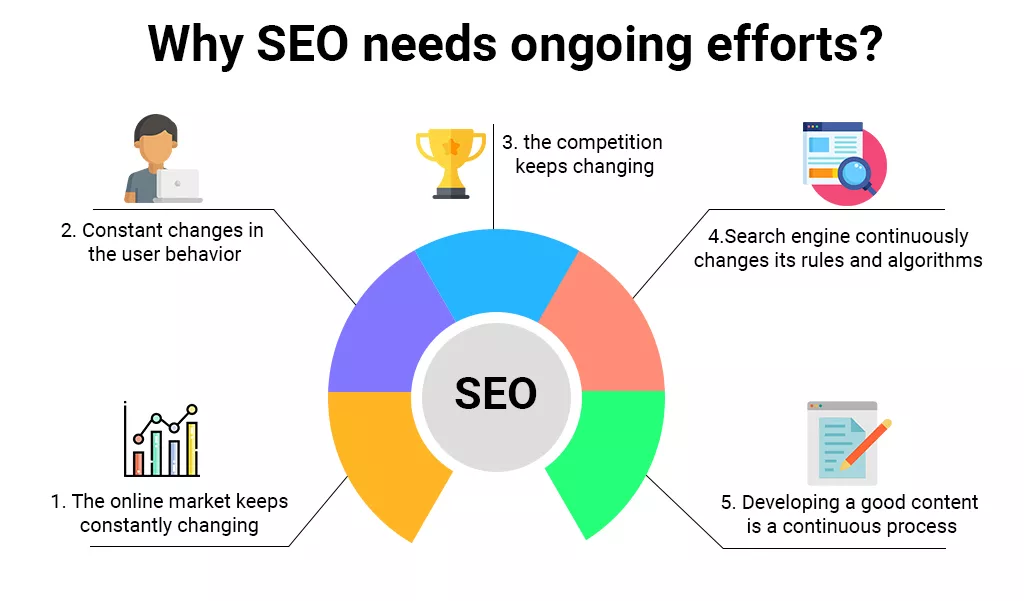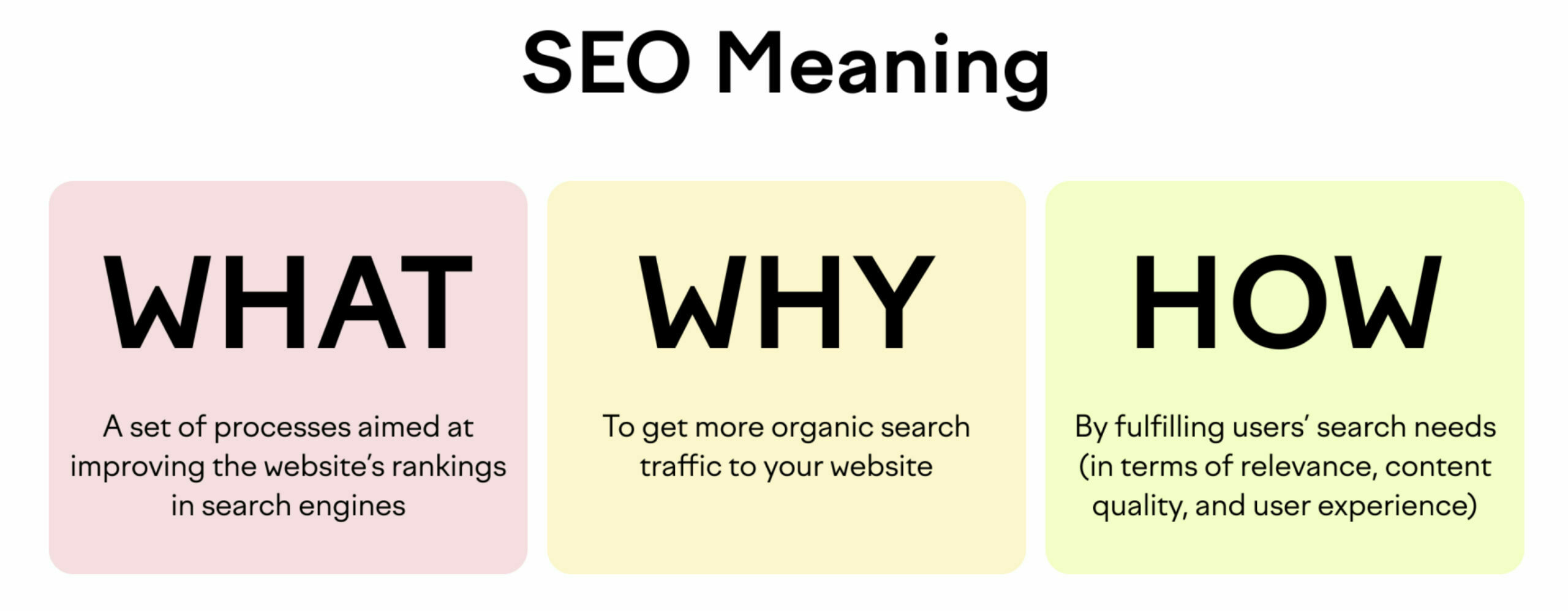10 SEO Myths You Should Ignore
Search Engine Optimization (SEO) is a constantly evolving field, and with the rapid pace of algorithm changes and search engine ranking factors, it’s easy to fall victim to misinformation. Many SEO myths have persisted, leading website owners and digital marketers down the wrong path. In this article, we’ll debunk ten common SEO myths you should ignore to ensure your SEO strategies are practical and up-to-date.
Myth 1: Keywords Are the Only Ranking Factor
While keywords remain essential to SEO, they are not the sole factor determining your website’s ranking. Modern search engines consider many factors, including user experience, page load speed, mobile-friendliness, backlinks, and content quality. Focusing solely on keywords without addressing these other factors may limit your success in search engine rankings.

Myth 2: More Links = Better Rankings
Quantity does not always equate to quality when it comes to backlinks. Acquiring many low-quality or spammy backlinks can harm your website’s ranking. Instead, focus on earning high-quality, relevant backlinks from authoritative sources within your industry.

Myth 3: SEO is a One-Time Effort
SEO is an ongoing process that requires consistent monitoring, optimization, and adaptation. Algorithms change, user behaviors evolve, and competition shifts over time. Regularly updating your content, optimizing for new keywords, and refining your strategies are crucial to maintaining and improving your search engine rankings.
Myth 4: SEO Guarantees Instant Results
SEO is a long-term strategy; significant improvements in search engine rankings do not happen overnight. It takes time for search engines to crawl, index, and rank your pages based on the changes you make. Be patient and focus on creating valuable content that will gradually attract organic traffic.
Myth 5: SEO is All About Trickery
Historically, black-hat SEO tactics like keyword stuffing and hidden text could manipulate search engine rankings. However, search engines have become much more sophisticated in detecting such tactics. Modern SEO is about providing valuable and relevant content to users, following best practices, and maintaining ethical strategies.

Myth 6: The More Pages, the Better
Creating many low-quality or duplicate pages on your website won’t necessarily boost your rankings. Search engines prioritize quality over quantity. Focus on creating informative, engaging, and unique content that addresses the needs and interests of your target audience.
Myth 7: Social Media Has No Impact on SEO
While social media signals may not be direct ranking factors, they can indirectly influence your SEO efforts. High-quality content shared on social media platforms can increase brand visibility, attract traffic, and potentially lead to more backlinks, positively impacting your search engine rankings.

Read also: Debunking SEO Myths: Google’s Disregard for Tool Scores in Ranking
Myth 8: SEO is Separate from User Experience (UX)
User experience and SEO are closely intertwined. Search engines prioritize websites with a positive user experience, including fast page load times, mobile responsiveness, easy navigation, and relevant content. A seamless UX can lower bounce rates, longer on-site visits, and improve search engine rankings.

Myth 9: Exact Match Domains are Essential
You have an exact match domain (EMD) that matches a specific keyword used to carry more weight in SEO. However, search engines now emphasize the overall quality and relevance of the content and website. Choose a domain that reflects your brand and is easy to remember rather than solely focusing on keywords.

Myth 10: SEO is Dead
Despite claims that SEO is dead due to the rise of social media and other marketing channels, it remains a crucial component of digital marketing. SEO will stay relevant as long as people continue to use search engines to find information, products, and services. The strategies and tactics may evolve, but the fundamental principles of SEO will continue to drive organic traffic and improve online visibility.

Conclusion
In the ever-changing landscape of SEO, it’s crucial to separate fact from fiction. You can create a more effective and sustainable SEO strategy by debunking these ten common SEO myths. Focus on providing valuable content, optimizing for user experience, and staying informed about the latest industry trends to ensure your website achieves and maintains high search engine rankings.
Watch video: English Google Webmaster Central office-hours hangout




